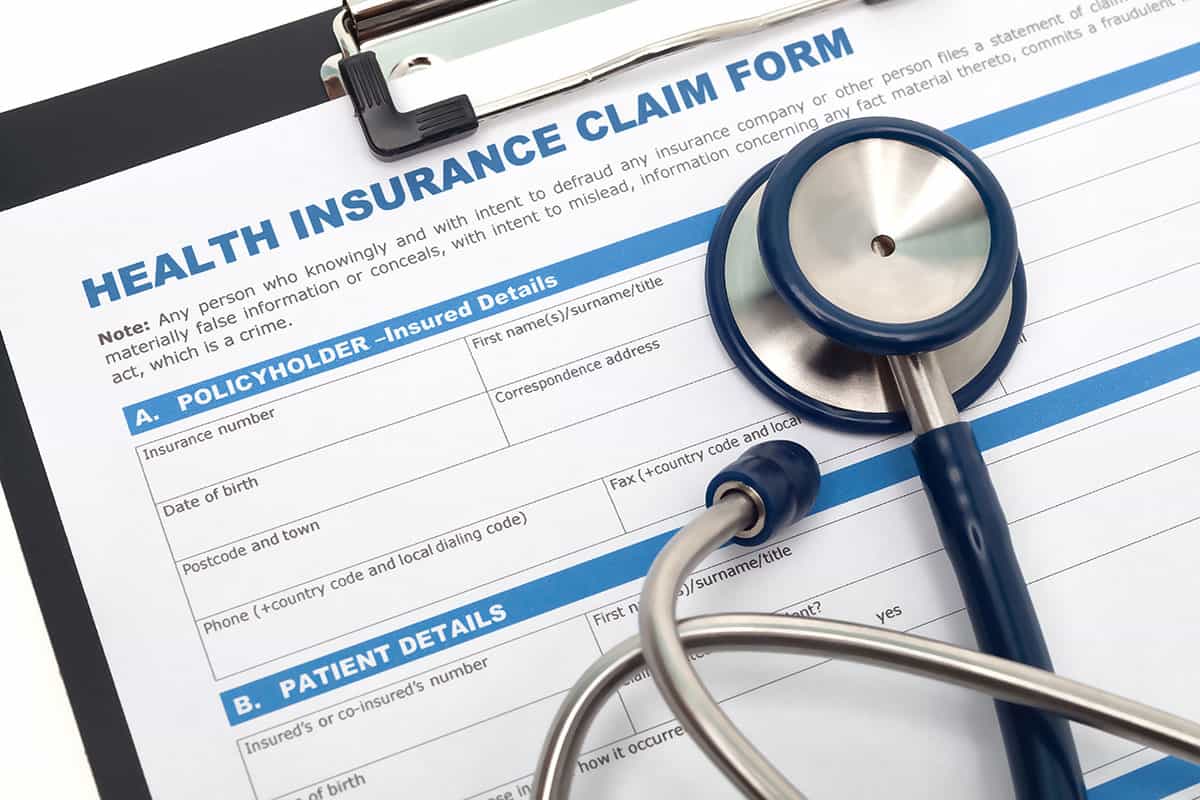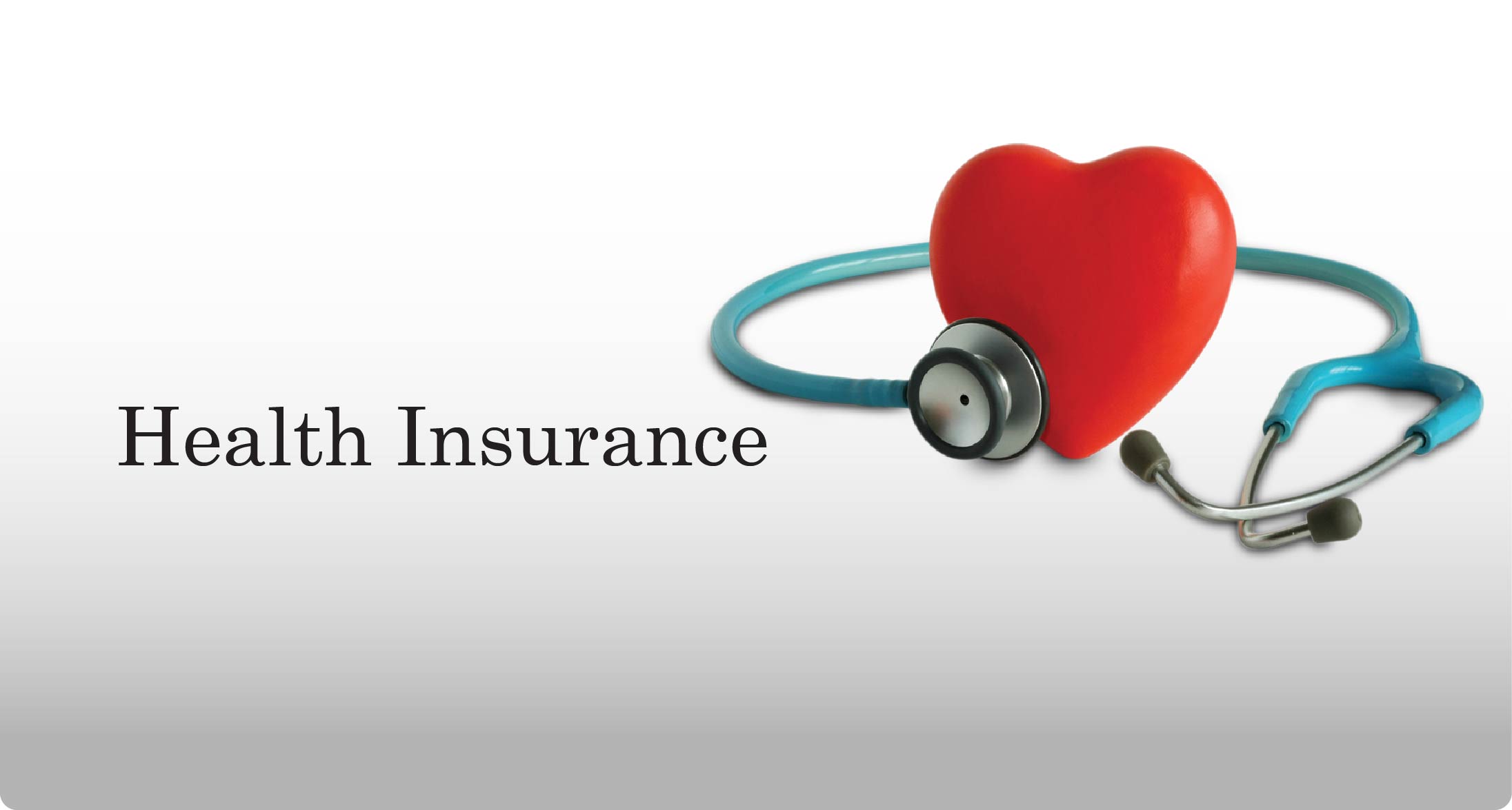Real Mental Health Site: A Guide to Finding Genuine Support Online
In today's digital world, many websites claim to offer mental health support, but not all of them are trustworthy. If you're looking for a real mental health site, it's crucial to find one that provides evidence-based resources, professional guidance, and a supportive community. With mental health issues on the rise, online platforms play a vital role in offering therapy, self-help tools, and expert advice to those in need. However, distinguishing a legitimate mental health website from misleading or unverified sources can be challenging.
What Defines a Real Mental Health Site?
A genuine mental health website must meet several criteria to be considered trustworthy and effective. Here are key aspects to look for:
-
Licensed Professionals – A reputable site should have licensed therapists, psychologists, or psychiatrists who provide expert advice and counseling services. Websites like BetterHelp, Talkspace, and Mental Health America ensure that their professionals are certified and trained.
-
Evidence-Based Information – A reliable mental health site provides scientifically backed articles, therapy techniques, and self-help tools based on research. Look for content written by mental health experts and referenced from reputable sources like the American Psychological Association (APA) or the National Institute of Mental Health (NIMH).
-
User Privacy and Security – Mental health is a sensitive topic, and a real mental health site should prioritize user privacy. Check for secure encryption, confidentiality policies, and adherence to HIPAA (Health Insurance Portability and Accountability Act) or GDPR (General Data Protection Regulation) standards.
-
Community Support and Peer Interaction – Some of the best mental health websites offer forums, support groups, or peer counseling where users can share their experiences and find support. Platforms like 7 Cups provide free peer-to-peer counseling for those seeking emotional assistance.
-
Affordable or Free Resources – While some mental health services require payment, a genuine website should also offer free self-help tools, articles, meditation guides, and crisis support numbers. Nonprofit organizations like NAMI (National Alliance on Mental Illness) and SAMHSA (Substance Abuse and Mental Health Services Administration) provide free mental health education and assistance.
How to Identify Fake or Untrustworthy Mental Health Sites
Not all mental health websites are reliable, and some may even be harmful. Here are warning signs to watch out for:
- Lack of Professional Credentials – If a website does not mention licensed professionals or provide their credentials, it may not be a legitimate source of help.
- Unverified Claims – Be cautious of sites that promise “instant cures” for mental health conditions or sell unproven treatments.
- No Contact Information – A real mental health site should provide transparent contact details, including a physical address and customer support options.
- Hidden Costs – Some websites lure users with “free” services but later demand payment for essential support. Always check pricing transparency before signing up.
Top Real Mental Health Sites in 2025
Here are some of the most reputable mental health websites that provide professional guidance, resources, and community support:
- BetterHelp – An online therapy platform that connects users with licensed therapists via text, video, and phone sessions.
- Talkspace – A similar platform to BetterHelp, offering therapy services with flexible pricing options.
- NAMI (National Alliance on Mental Illness) – Provides free educational resources, peer support, and advocacy for mental health.
- Psychology Today – Offers a comprehensive directory of therapists, mental health articles, and self-help guides.
- Mental Health America (MHA) – A nonprofit organization providing free mental health screenings and educational resources.
Conclusion
Finding a real mental health site is essential for accessing trustworthy support and resources. Whether you need therapy, peer support, or self-help tools, choosing a legitimate website can make a significant difference in your mental well-being. Always verify professional credentials, look for evidence-based information, and prioritize your privacy when seeking mental health assistance online.
What's Your Reaction?





















